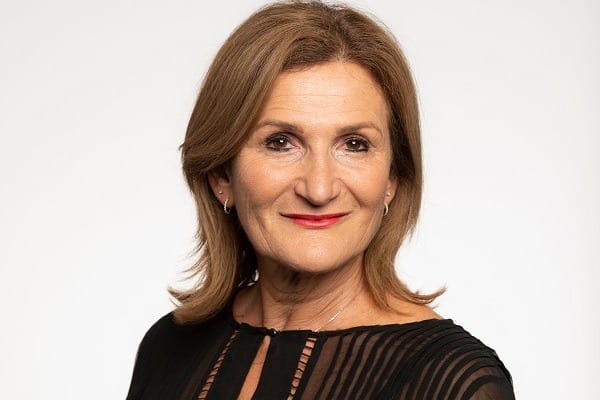This sense of otherness can be even more acute when you’re both new to Australia and live with disability.
Right from the start, our laws and institutions make life challenging. At present, parts of our migration law are exempt from discrimination legislation, which means people with disability can face discrimination when they migrate or apply for asylum in Australia.
Over and over, we read stories like that of three-year-old Kayban, who faces deportation because his healthcare costs exceed a certain threshold. It’s something the United Nations Committee on the Rights of Persons with Disabilities has called on our government to amend.
Even when permission is granted to remain in Australia long term, people with disability from migrant and refugee backgrounds face additional barriers that inhibit their full participation in our society.
One young woman, Pauline, who delivers disability training for my organisation, Settlement Services International, talks about being unable to join her sisters at Assyrian language school because of the building’s stairs. Not only does that kind of barrier prohibit participation in the wider community, it can also have a damaging impact on connection to culture and sense of identity.
Another man, Abrahim — who has three university degrees and sits on our disability reference group — submitted more than 100 job applications before landing a job. When he arrived, he was shown to his desk — placed in the first-floor hallway, because his employer’s office was located on the second floor in a building without lifts.
And then there are the less visible barriers.
People with disability born in non-English speaking countries are about half as likely to receive formal assistance as people with disability who are born in Australia, according to the Still Outside the Tent report.
Sometimes this is due to a lack of awareness or access to translated resources. Sometimes it is due their experiences in a country of origin where disability services either don’t exist or are radically different to those we have in Australia.
The situation is not all doom and gloom. Solutions to these barriers are emerging, such as the National Multilingual Hub, which provides in-language information on disability services to people from non-English speaking backgrounds.
But there is still a large gap between our current landscape and the ideals set out under the UN’s Convention on the Rights of People with Disabilities, to which Australia was one of the original signatories.
This convention takes the view that people with disability are more than objects of charity or social protection. They are people who have human rights and fundamental freedoms — like anyone else. Our external environments are what need to adapt so that all people can enjoy those rights.
In order to achieve this, we need change driven by our governments and key institutions. But, in the absence of that, we can still make small changes as individuals to achieve greater equity for all people with disability – not just those from refugee and migrant backgrounds.
Step one is improving your awareness and looking at how our external environment fails to accommodate all members of our society and limits people with disability.
You can also help through small practical actions. The owner of the restaurant Rashays in Punchbowl introduced a quiet night during Ramadan for people with autism and their families. Or there’s a petrol station in Fairfield where the bowsers have instructions for who to call if you’re unable to pump petrol yourself.
The place to start is simply noticing a barrier and trying to change it – like the local mum at C&M Swimming club in Padstow, who noticed a young boy, Lucas, coming along to lessons each week and watching his siblings. This mum spoke with the swim school, which has subsequently trained all their instructors on disability awareness. As a result, Lucas is now enrolled in a mainstream class and all swim school instructors are able to support children with disability.
Just by noticing a child who wasn’t participating and raising her voice, one local mum levelled the playing field for all children in that community. The immediate impact of these actions might be small but each small step takes us closer to a society where no-one feels like an outsider because of their ability.


